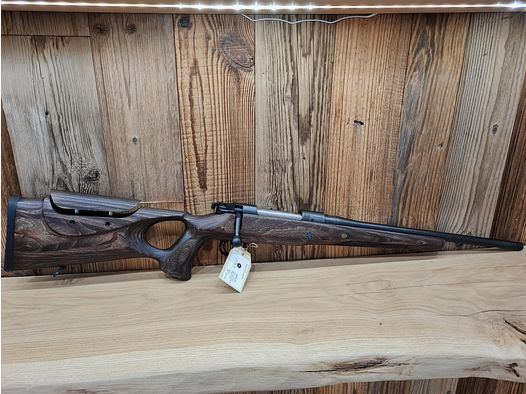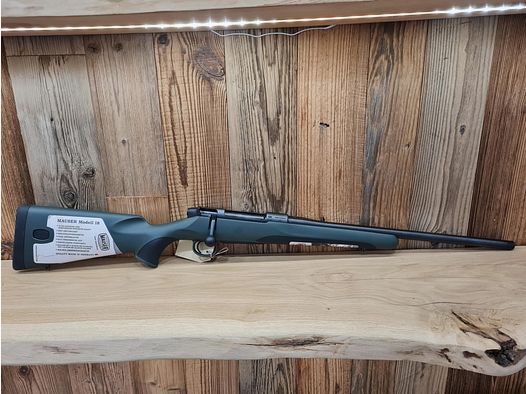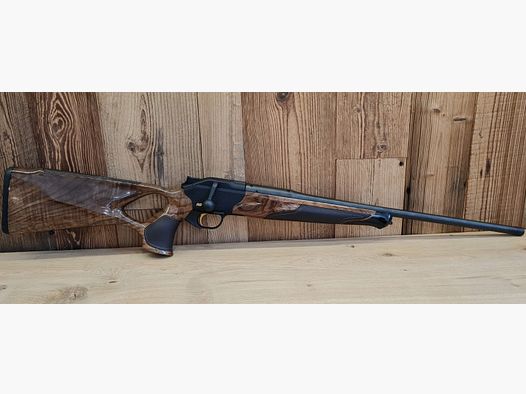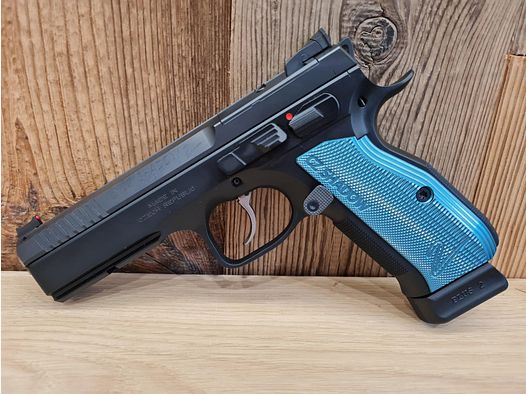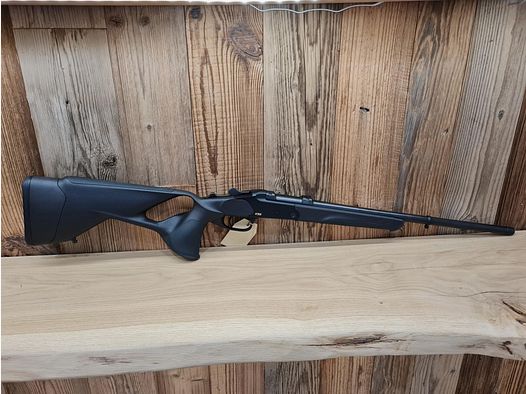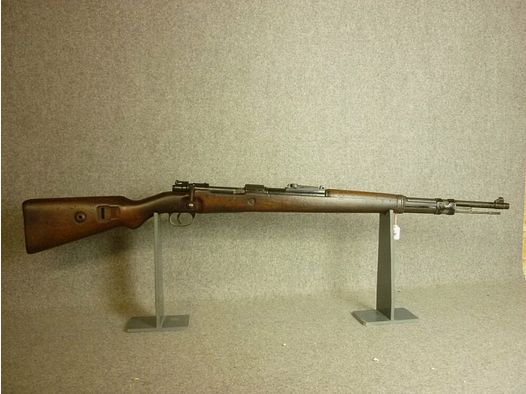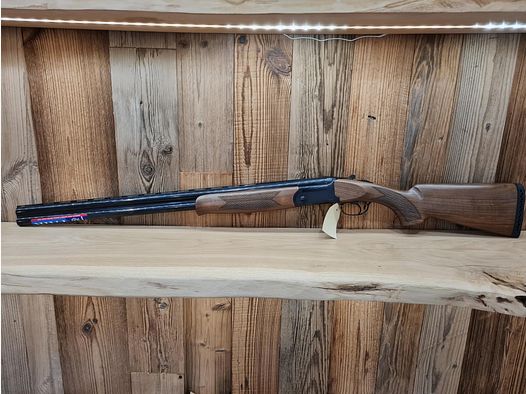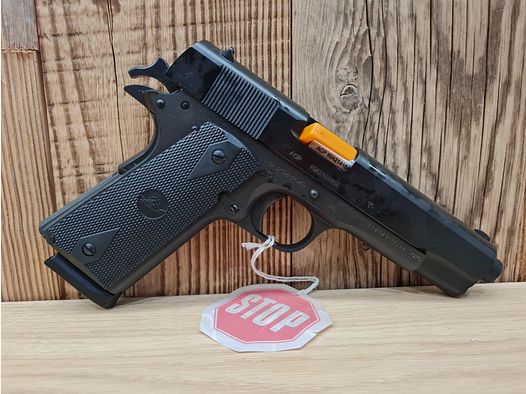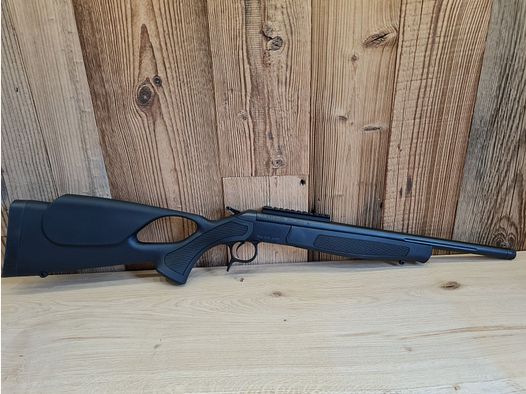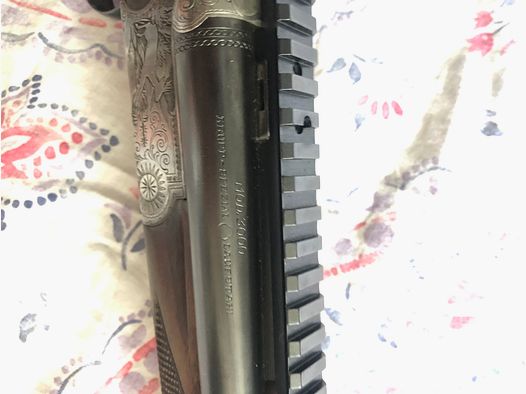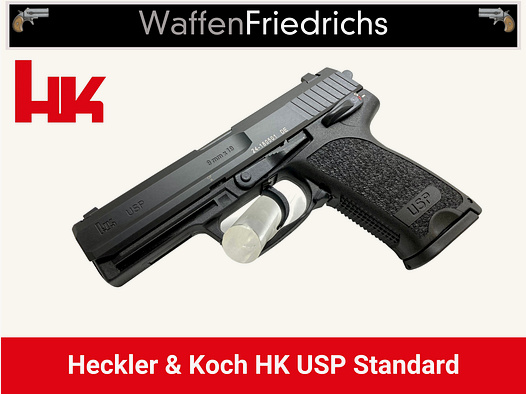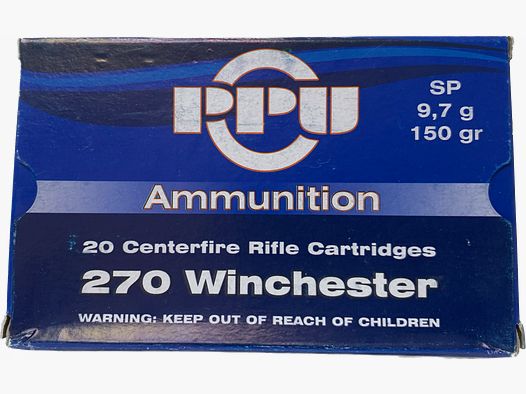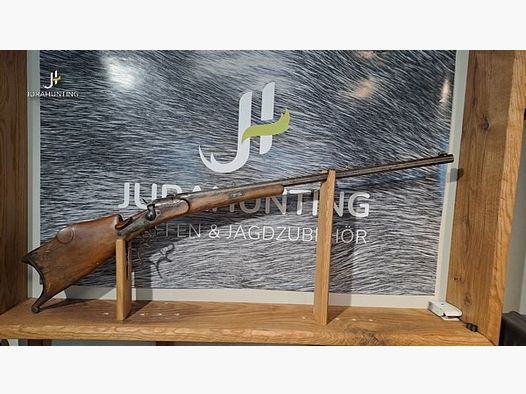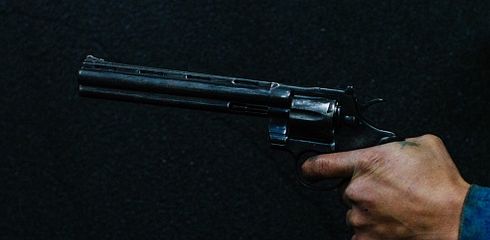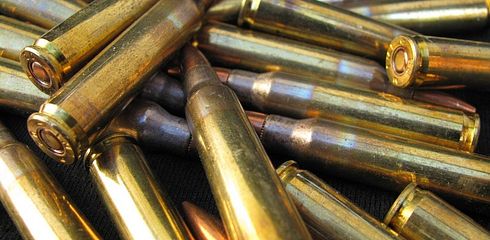The .458 SOCOM caliber: A comprehensive analysis of its features in the context of common firearm calibers
Introduction
Why does the .458 SOCOM caliber represent a significant development in the firearms industry?
The constant evolution of firearms and ammunition has always aimed to optimize certain aspects of ballistic performance - whether it be range, penetration, energy transfer, or recoil management. The .458 SOCOM caliber was created to provide superior stopping power in specific tactical situations. But how does it stand out from other calibers, and why was it developed in the first place?
Technical Features of .458 SOCOM
I. What are the technical features of the .458 SOCOM?
The .458 SOCOM was developed in the early 2000s in response to the needs of military units seeking greater stopping power, particularly for close-quarters operations. The caliber uses a modified .50 AE case adapted for .458 projectiles. With bullet weights typically ranging from 250 to 600 grains, the caliber delivers impressive energy output.
II. How does the ballistic performance of the .458 SOCOM differ from other calibers?
The standout feature of the .458 SOCOM is its ability to deliver a large volume of kinetic energy in a compact package. While calibers like the 5.56x45mm NATO were designed for penetration and range, the .458 SOCOM was specifically designed for maximum energy transfer at short distances. This results in impressive stopping power that is unmatched in CQB (Close Quarters Battle) scenarios.
Advantages of .458 SOCOM
III. What advantages does the .458 SOCOM offer over other AR-15 calibers?
One of the significant advantages of the .458 SOCOM is its compatibility with the widely used AR-15 platform. Shooters can easily convert an existing AR-15 into a .458 SOCOM rifle by simply changing the barrel and recoil mitigation system. Despite this simple modification, it offers ballistic performance that far exceeds what can be achieved with standard AR calibers.
IV. What challenges and limitations does the .458 SOCOM have compared to other calibers?
Although the .458 SOCOM is impressive in its niche, it also has some drawbacks. First, the ammunition is more expensive and not as widely available as other common AR-15 calibers. Second, while its close-quarters capabilities are undeniable, it is not optimized for long distances, as its ballistic curve is relatively steep.
V. In what specific applications does the .458 SOCOM demonstrate superiority over other calibers?
The .458 SOCOM is particularly well-suited for situations where high stopping power is required at short distances. This includes:
Tactical Operations: In urban warfare scenarios or other CQB situations where targets need to be neutralized quickly.
Big Game Hunting: The caliber has also become popular among hunters looking for an effective caliber for big game in dense terrain.
Conclusion
Why does the .458 SOCOM deserve attention in the world of firearm calibers? The .458 SOCOM represents an interesting point in the evolution of firearm calibers. It offers a combination of impressive stopping power and AR-15 compatibility, making it a valuable option for specific applications. While it certainly has its own challenges, the .458 SOCOM impressively demonstrates how specialized ammunition can be developed to meet very specific needs and requirements. The .458 SOCOM impressively shows how specialized ammunition can be developed to address very specific ballistic and tactical requirements.
In a broader context, the caliber also illustrates how the firearms industry responds to changing operational challenges and develops solutions that are optimized in terms of both performance and compatibility. While the .458 SOCOM may not be ideal for every shooter or application, it still represents a significant advancement in the world of firearm ammunition, pushing the boundaries of what is possible and demonstrating how innovation and adaptability go hand in hand in the firearms industry.
In summary, the .458 SOCOM is more than just another caliber on the market. It is an example of how engineering and ballistic design can work together to tackle specific challenges, and it deserves recognition as such in the community of firearms enthusiasts.







